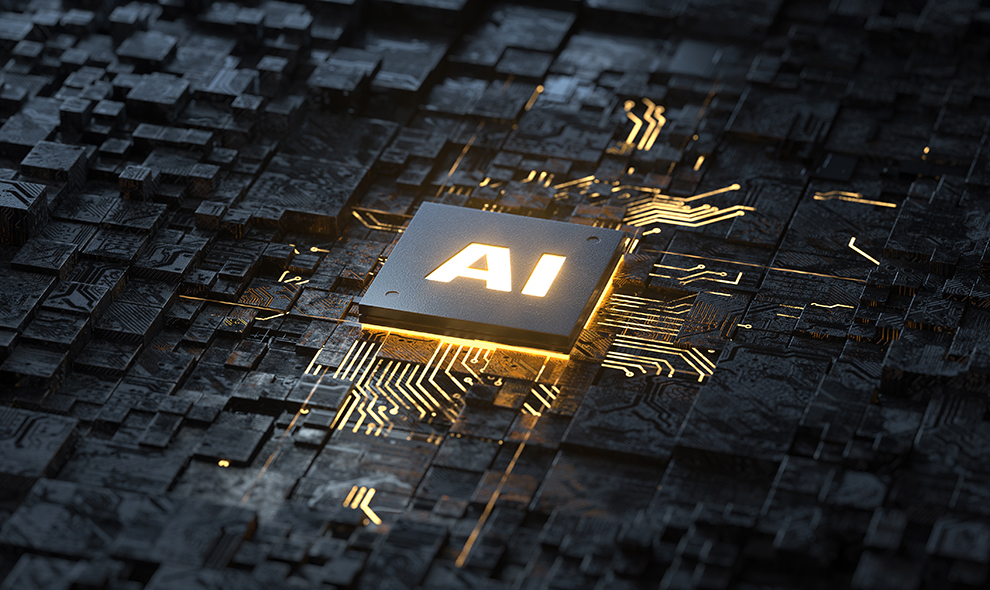Concerns that Artificial Intelligence (AI) puts at risk our existence goes as far back as the 1940s (at least), when Isaac Asimov wrote the short stories that later constituted the book I, Robot.
Today, AI is an integral part of the technological innovations that are commonly referred to as the Fourth Industrial Revolution. The fears today are more focused on what AI means for our livelihoods. The reality is that AI is some way short of replacing human abilities to formulate strategies and business plans, but it is a remarkably powerful tool when incorporated into process-driven functions, magnifying the power to collect, process and distribute information to the right parties with startling speed and accuracy.
In the real estate industry, AI can be used to automate mundane tasks and self-improve them over time, benefiting asset managers, portfolio managers, investors and related service providers, such as lawyers.
Applications of AI in real estate
AI technology mimics human behaviour to make machines more intelligent. They can ‘self-learn’, improving and correcting their outputs over time.
Three applications of AI are particularly relevant to the commercial real estate industry. These include:
Natural language processing (NLP) – The analysis of textual data, possibly involving translation of a document or the extraction of key information, such as the tenant’s name from a lease contract.
Image analysis – Analysing images to classify with into certain categories, such as a photo or a map, and detecting/locating objects in images (e.g., does a document contain a signature and where on the page is it?).
Generate predictions and suggestions – Data can be analysed to predict users’ future actions. For example, analysis of users’ interactions in log files can produce conclusions about what their future actions will be, similar to product recommendations based on past buying behaviour.
AI brings many benefits and it will continue to permeate into technical solutions such as VDRs to help automate time-consuming or repetitive tasks
AI in VDRs
AI can be integrated into real estate industry processes through virtual data rooms (VDRs). VDRs bring efficiency and an array of functionalities to real estate transactions as well as management of the assets throughout their lifecycle. They originally served as online versions of the physical spaces where confidential or sensitive information was held for review by authorised parties when it was launched 20 years ago. Today, they constitute a secure, online platform for accessing confidential documents and handling business processes with a range of added functionalities.
Within a VDR, AI can be applied to daily workflows and significantly improve repetitive yet fundamental and time-sensitive tasks. It can transform the work of real estate professionals, streamlining and improving efficiencies in due diligence, sales and the investment management processes.
Key, award-winning features within Drooms VDR proposition include:
Document Translation – Users can work in their preferred language and have a real-time, secure analysis of all the facts relevant to an asset sale.
Auto Allocation – This feature automatically allocates documents to their respective index points. All actions are taken into account by the system, which learns from individuals’ behaviour patterns and refines a document's future index allocations over time.
Auto Naming – Documents are automatically categorised and assigned file names based on analysis of their content, which saves having to review scanned documents and rename them in the VDR environment.
AI brings many benefits and it will continue to permeate into technical solutions such as VDRs to help automate time-consuming or repetitive tasks. However, it is still advisable to keep a ‘human in the loop’ to confirm or reject suggestions made by machines so that users remain in control. This is the case with Drooms’ VDR products.
A competitive edge
A VDR that leverages AI technology can give real estate professionals, including lawyers, the edge in a competitive market when conducting transactions. Due diligence can be conducted extremely efficiently and documents can be updated regularly, giving vendors full control over data. And documents are always ready, so assets can be bought or sold whenever required.
A ‘life cycle’ VDR can be used to manage a company throughout the period of ownership, from purchase, through management and on to divestment.
Traditionally regarded as slow to adopt new technology, the real estate industry is catching up fast. Professionals involved in the market need to adopt beneficial technologies and a VDR incorporating the latest AI technology adds value at all the stages of an asset’s lifecycle, making the process much smoother for all the professionals concerned.





















